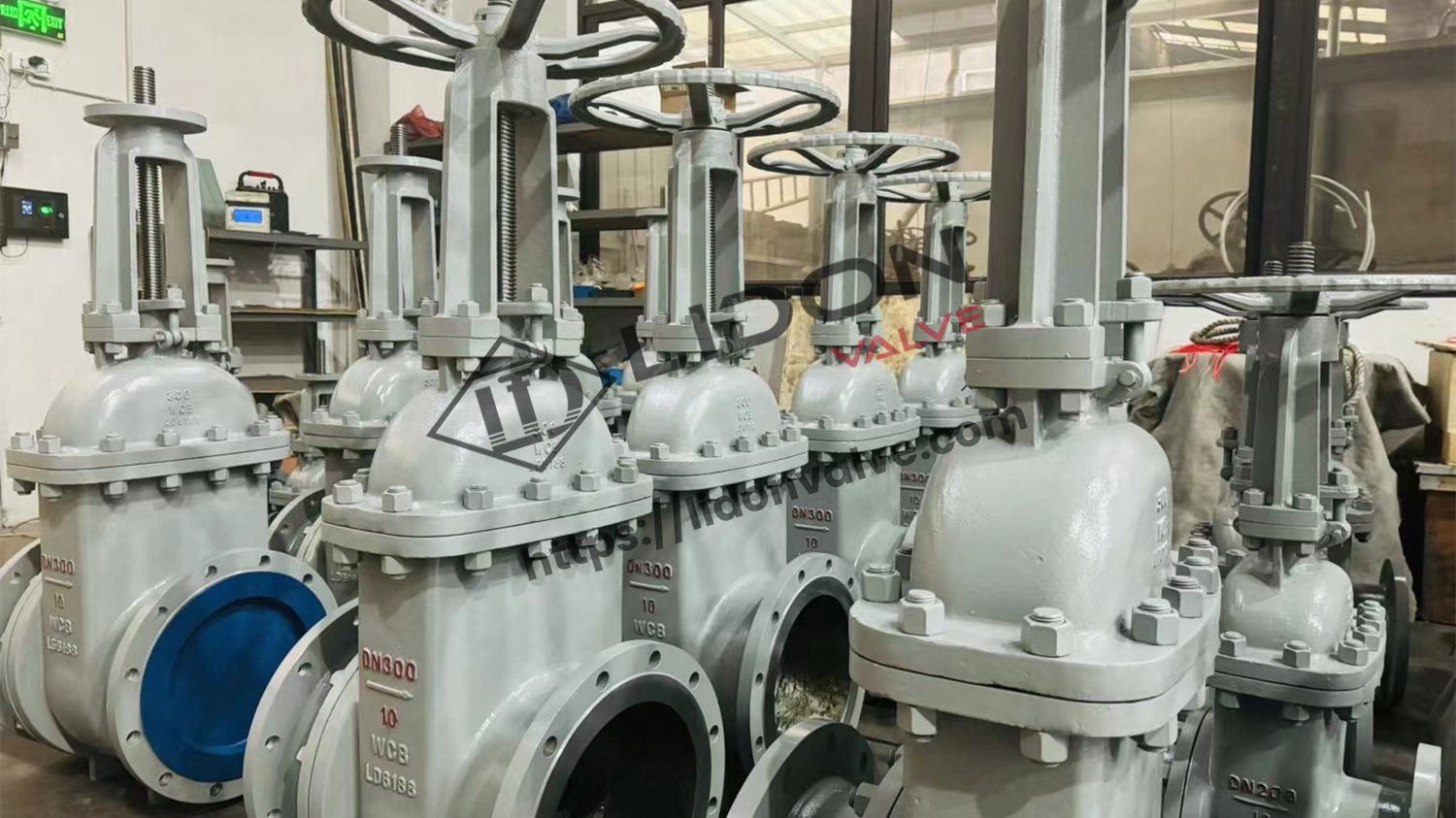Introduction
Valves are essential in many industries, allowing the control and regulation of fluid and gas flow. Two of the most common types of valves are gate valves and ball valves. While they may seem similar in function, there are significant differences between the two that make each valve more suited to a particular application. This article will explore why you should use a gate valve instead of a ball valve.
1. Better Control
Gate valves offer better control over the fluid or gas flow compared to ball valves. The gate valve's design provides a tight seal, allowing for precise control over the speed and pressure of the flow. Additionally, a gate valve's operation is linear, with a simple on/off mechanism that provides consistent control over fluid or gas flow.
2. Durability
Gate valves are known for their durability and reliability. The gate valve's construction is sturdy and robust, featuring a wedge-shaped gate that can withstand heavy use and high pressure without sustaining damage. The gate valve also has few moving parts, decreasing the likelihood of wear and tear compared to ball valves.
3. Better for High-Pressure Applications
Gate valves are ideal for high-pressure applications, where the fluid or gas flow needs to be tightly regulated. The wedge-shaped gate of a gate valve can withstand high pressure without deforming or breaking, ensuring the valve remains effective even in high-pressure environments.
4. Tighter Seal
Gate valves offer a tighter seal than ball valves, which can prevent leaks in critical applications. The gate valve's design creates a tight seal between the gate and the body of the valve, ensuring that no fluid or gas leaks through when the valve is closed.
5. Easy Maintenance
Gate valves are straightforward to maintain, thanks to their simple design and few moving parts. If maintenance is required, a gate valve can be easily disassembled and reassembled, making it a preferred option for applications where downtime needs to be kept to a minimum.
6. Better for Low-Pressure Applications
While gate valves are ideal for high-pressure applications, they are also effective in low-pressure applications, where the fluid or gas requires precise control. The gate valve's tight seal provides consistent control over flow, making it an excellent choice for applications that require accurate regulation.
7. Cost-Effective
Gate valves are a cost-effective option for applications where durability and precision control are required. While the initial cost of a gate valve may be slightly higher than that of a ball valve, the gate valve's long lifespan and minimal maintenance requirements make it a more cost-effective choice in the long run.
8. Better Flow Characteristics
Gate valves provide better flow characteristics than ball valves, thanks to their superior construction. The wedge-shaped gate of a gate valve creates a straight-through flow path that minimizes turbulence and maximizes flow rate, making it an excellent choice for applications that require consistent flow.
9. More Versatile
Gate valves are versatile and can be used in a wide range of applications, including water treatment, wastewater treatment, chemical processing, and energy production. The gate valve's simple design means it can withstand harsh environments and remain effective in many different conditions.
10. Better for Slurry Applications
Gate valves are more effective than ball valves for slurry applications, where the valve may be exposed to ash, sand, and other abrasive substances. The wedge-shaped gate of a gate valve can withstand the abrasion caused by slurry, making it an excellent choice for applications where durability is essential.

